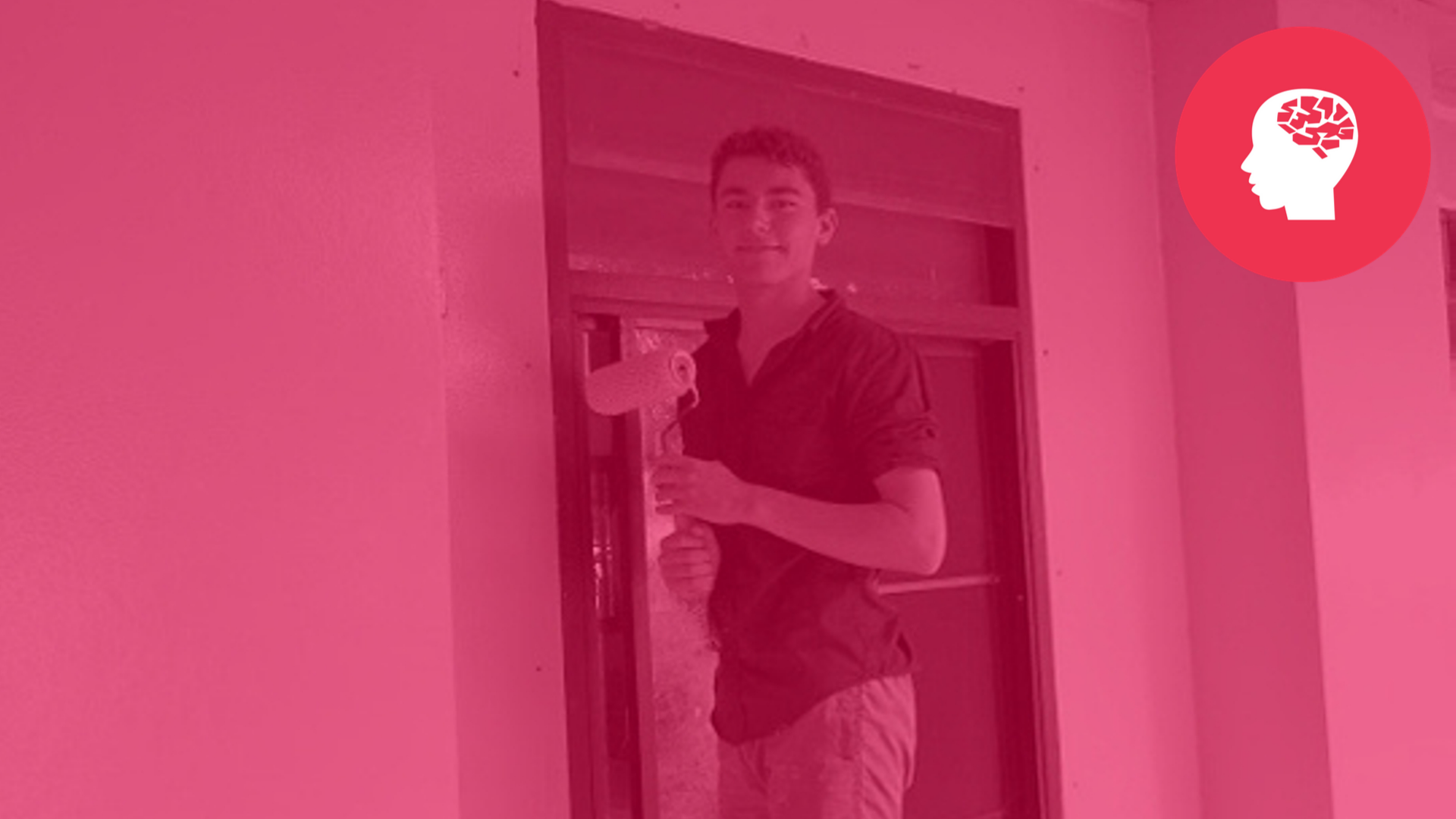
Improved mental health and emotional wellbeing
Young man explains how the Award helped him overcome his anxiety
Brough is an Australian Award holder who is now studying Architecture at Bond University… something he admits he never thought he would be able to achieve before he took part in the Award and improved his self-confidence.
At the age of 16-years-old Brough Whibley had just moved to boarding school and was finding it difficult to adapt to the change. It was his first time being away from home, and he was eager to establish a reliable support network to help him through these changes and encourage him to exert himself. It was his Housemaster’s suggestion that the best way for him to respond positively to his change in lifestyle was to keep himself busy and get involved in as many new activities as possible, including taking part in The Duke of Edinburgh’s International Award.

“Throughout high school, for a long time, I was trying to figure out who I was and what it meant to be a man, as well as trying to focus on what career path I wanted to take. For me, The TAS Speakers Programme allowed us to talk about the stigma surrounding mental health in young men and I wanted to get people to talk about mental health more openly. This prompted the alliance between the TAS Speakers Programme and the Batyr organisation which gave young men the opportunity to talk about a range of issues, not just mental health, but other world issues… it was a platform to talk about what really is the elephant in the room.
One of speakers we invited to come and speak to the TAS Speakers Programme was Sam Bailey – a TAS Old Boy and recognisable face in the regional area. Sam suffered from a car accident after leaving school and was unfortunately left paralysed from the waist down. He admitted that it wasn’t easy adapting to such a major change in his life and in his book, he talks a lot about not only his physical struggles, but the mental challenges he had to face throughout his farming career. I, along with many of the students, was really influenced by Sam’s story and I think it showed the power of the mind and that if you put your mind to something, you can achieve it – which in itself is what the Award is all about.”

 As someone who had a lot of anxiety surrounding issues of identity and a lack of self-confidence, I wanted to become part of something that could allow me to focus more on myself and the Award really acted as a catalyst for me to start figuring out who I was, what my values were, and what I wanted to do with my life. Whether it was just that hour each week that I could spend doing something that took my mind off everything else that was happening in my life and focus on being present in the moment – was really important to me.”
As someone who had a lot of anxiety surrounding issues of identity and a lack of self-confidence, I wanted to become part of something that could allow me to focus more on myself and the Award really acted as a catalyst for me to start figuring out who I was, what my values were, and what I wanted to do with my life. Whether it was just that hour each week that I could spend doing something that took my mind off everything else that was happening in my life and focus on being present in the moment – was really important to me.”


